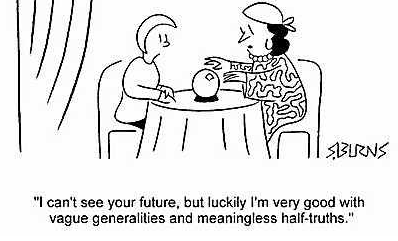You seem to forget that you support Bruno Putzeys and yet I showed exactly how they use similar language with regards to "natural" with their digital active speaker that corrects issues such as phase - see post #116 to #118: http://www.whatsbestforum.com/showt...ect-called-MQA&p=321688&viewfull=1#post321688
So now Grimm Audio is talking rubbish as well, or Gerzon/Craven and other engineers when they looked at -timing-phase digital correction in the digital realm back in the 80s and onwards?
To re-quote on aspect from that post:
Bruno is one of the lead and founding engineers at Grimm Audio and heavily involved in the digital-amp side.
Hence a reason why I have been going on for awhile in general (not just with Grimm Audio) now about comparisons to Stuart's concept and the real world investigations-implemented as applied to correcting timing-phase-filters; this is not something that Stuart is making up to try and con people; now how much of an issue this is can be another discussion, although as I pointed out as well his concept goes further and is also to try and resolve the digital screw-ups caused at various points in the chain by labels-studios-distributor channels-etc (which Hi-fi News shows pretty clearly happens with hirez and so can be expected with CDs that are also created from a higher digital master file even if it is 48khz and more of a pain to downsample transparently).
Cheers
Orb
I support Bruno for a simple reason: he designed a superb ADC, as evidenced by the sound quality of many Channel Classics recordings. Bruno's goal was sound quality and he achieved it. Stuart's goal appears to be useless bit bumming and (possibly) latching onto a royalty stream for unnecessary products, based on an obsession he has had since his side lost the hi-res format wars.
















